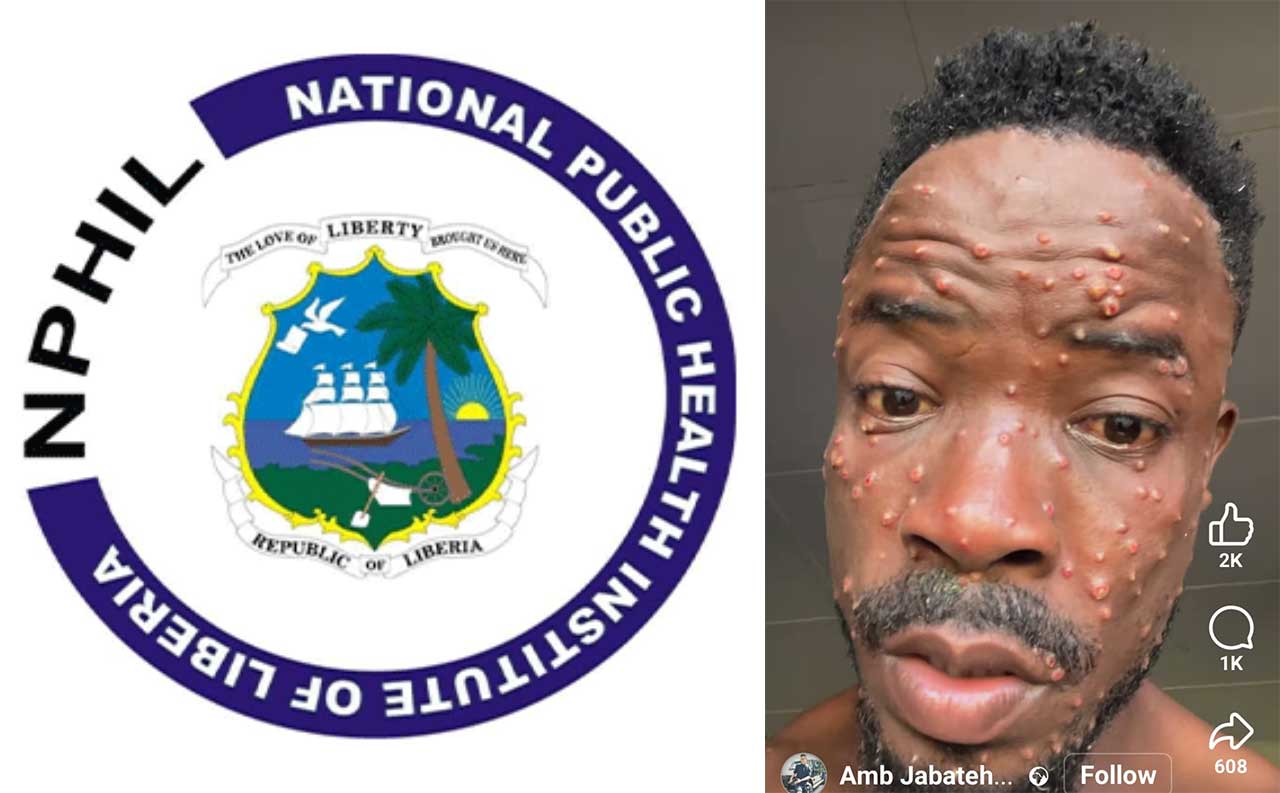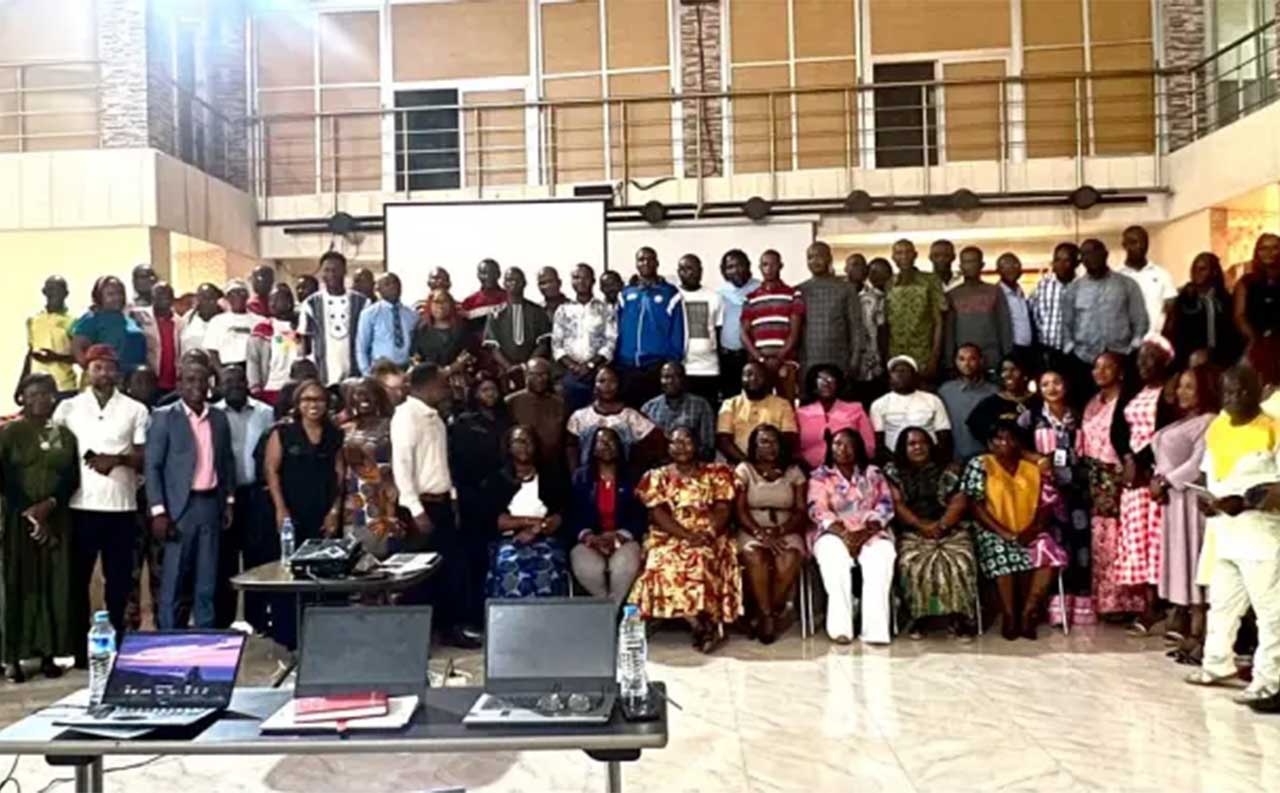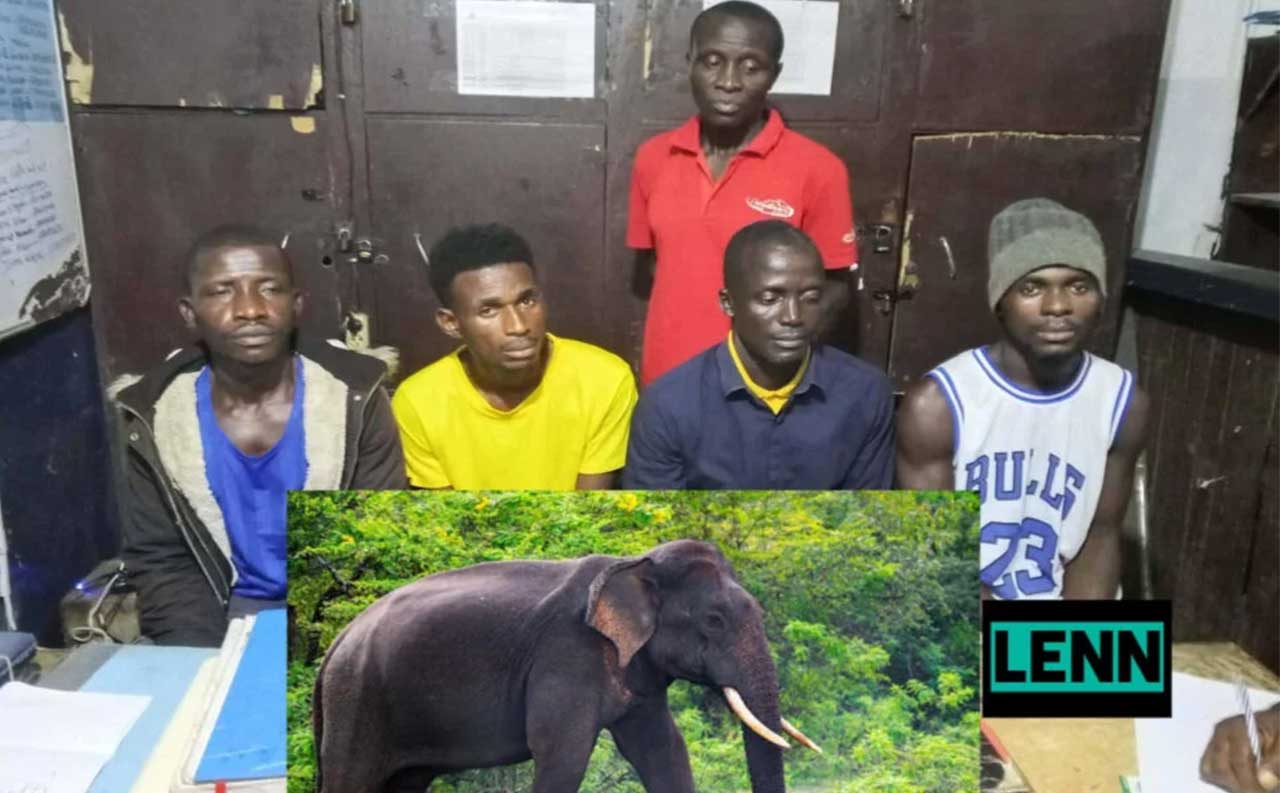The National Public Health Institute of Liberia (HPHIL), through its Director General Dugbe Chris Nyah, has disclosed that Liberia has four active Monkey Pox Virus (MPox) cases in Liberia, including one involving popular Liberian comedian, Jabateh.
Speaking Sunday, May 18, 2025, at NPHIL Headquarters in Congo Town, the NPHIL DG said that Montserrado County has recorded two active cases, while Margibi County and Sinoe reported one each.
According to him, when the news of Comedian Jabateh was reported, NPHIL immediately sent its team to collect samples for testing. Out of the many samples collected, four were tested positive, which brought the total active Mpox cases to four.
He revealed that the victim is currently in the Mpox treatment unit undergoing treatment with plans underway to vaccinate those who came in contact with the comedian. However, he called on the public to not panic as the National Public Health Institute is doing everything possible to stop the spread of the deadly virus.
In a video calculating on social media, the suspected Mpox victim (Comedian Jabateh) informed the public that he got infected with the virus after coming in close contact with a male friend in Lofa County. According to Dr. Nyah, from January 1st to May 11, there are 652 suspected cases in the country.
He said that out of the 652 cases, 572 cases were tested, 78 were confirmed positive, 77 cases were recovered and zero death was recorded. The data underscores the ongoing challenge posed by this viral infections as health experts continue to monitor and address the situation.
The distribution of confirmed Mpox cases is as follows, Nimba 26, Lofa 7, Bong 7, Rivercess 7, Sinoe 6, Grand Bassa 6, Montserrado 6, Margibi 4, Maryland 2, River Gee 1, Grand Kru 1, Bomi 1, Grand Cape Mount 3 and Grand Gedeh 1. Mpox is caused by the monkeypox virus, a viral ailment that primarily spreads between humans through close contact.
Transmission can also occur through contaminated surfaces or objects that have been in contact with an infected individual. In areas where the monkeypox virus is endemic among wildlife, there is potential for zoonotic transmission, meaning the virus can jump from animals to humans.




what is the full name of one of the Mpox victim in Liberia